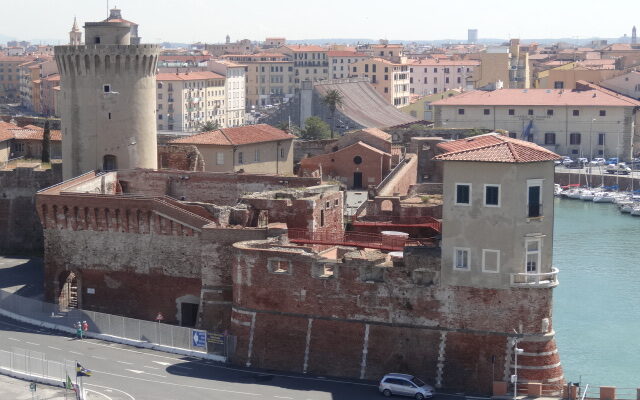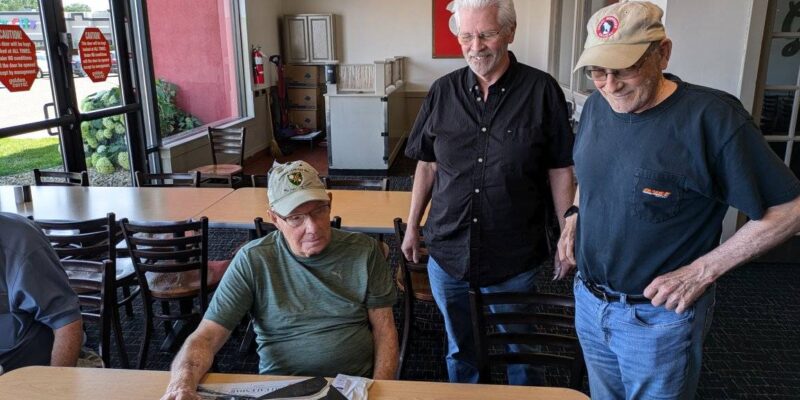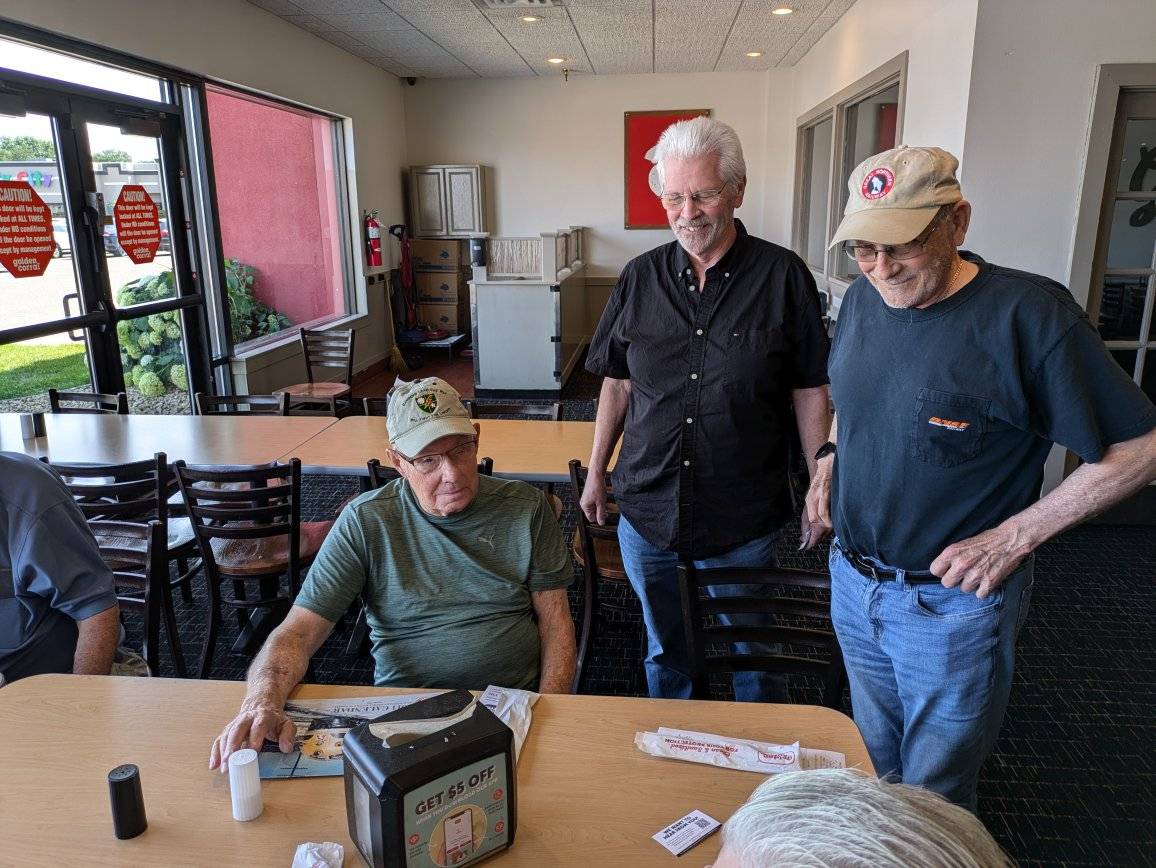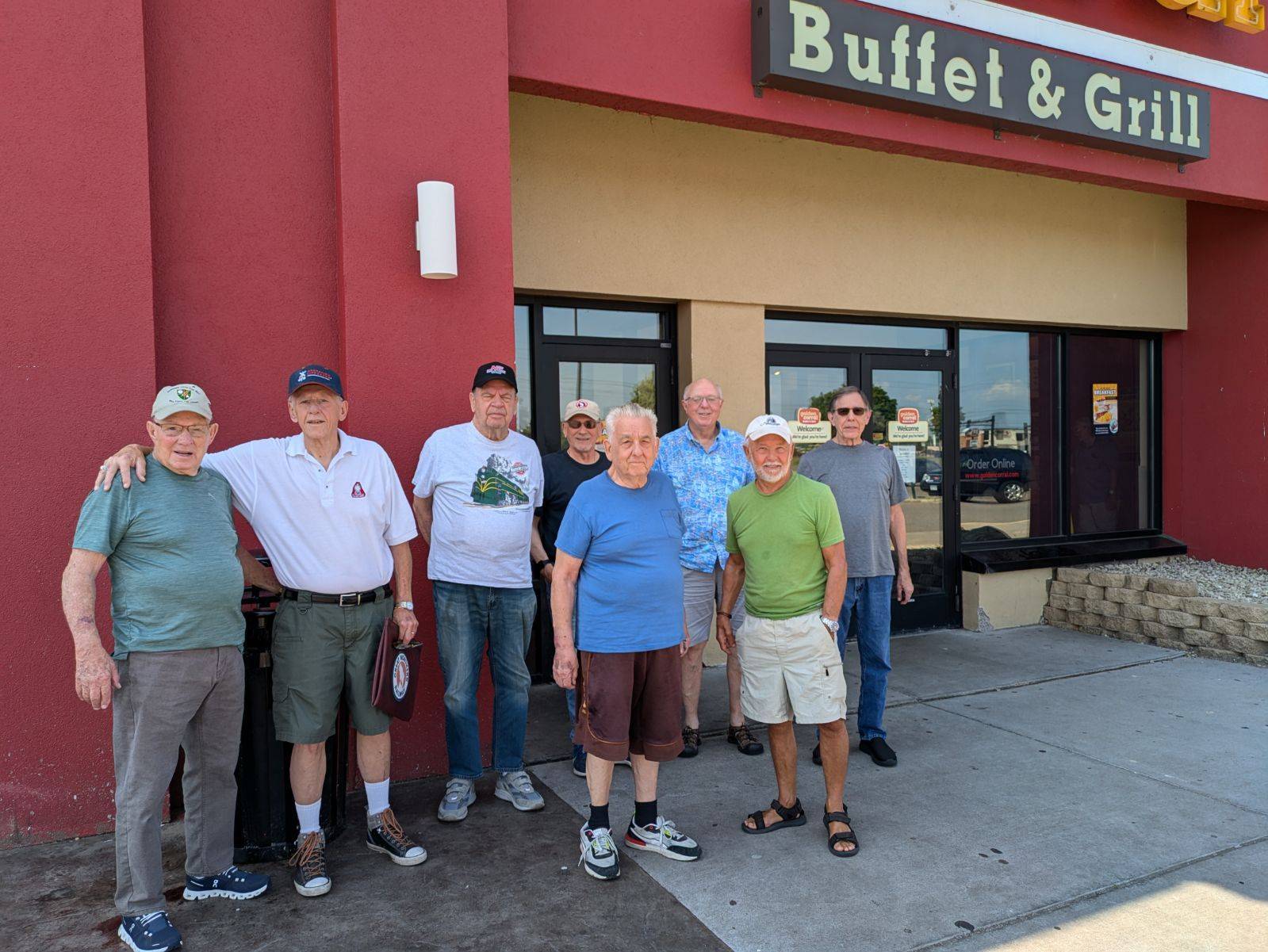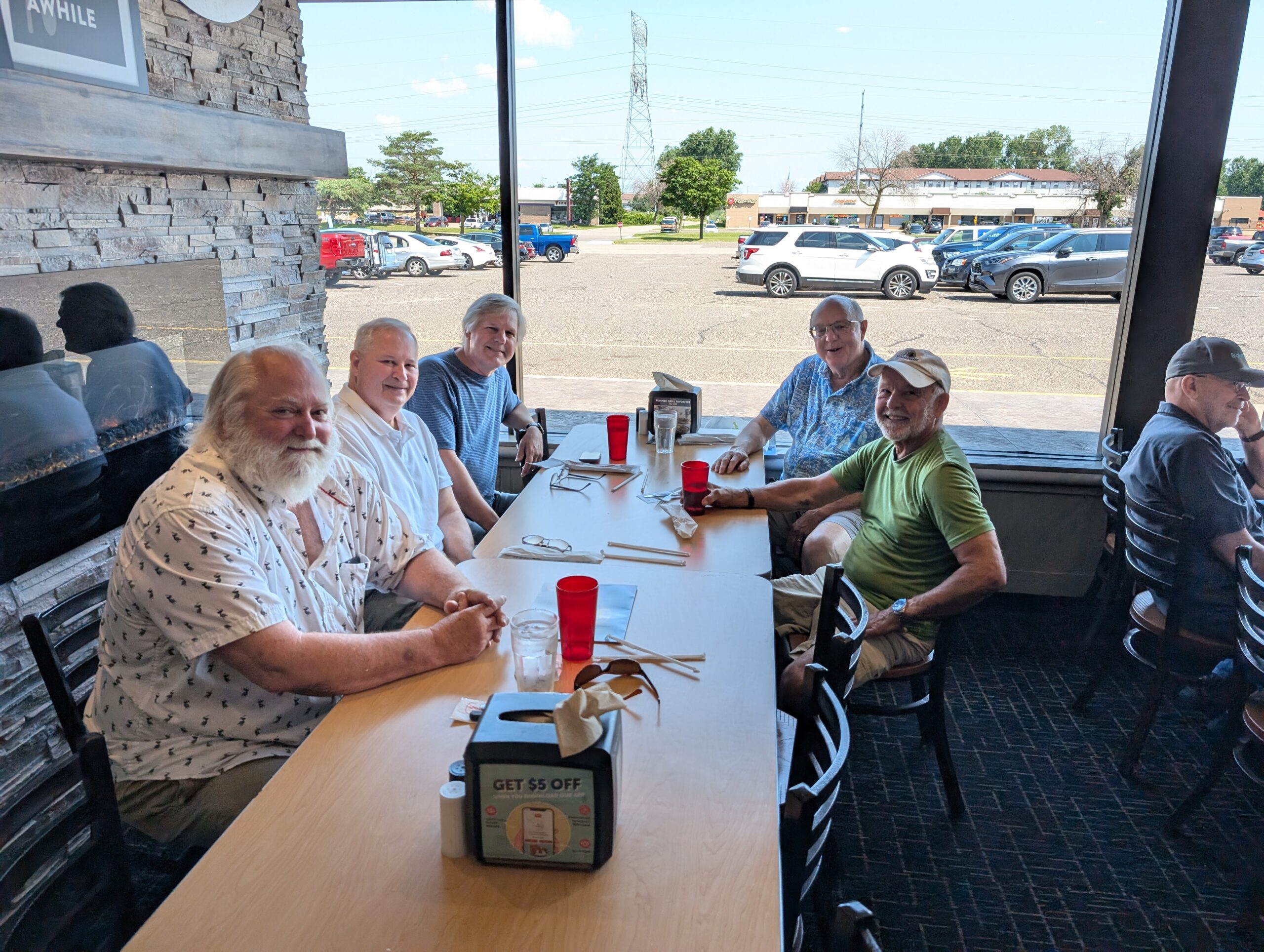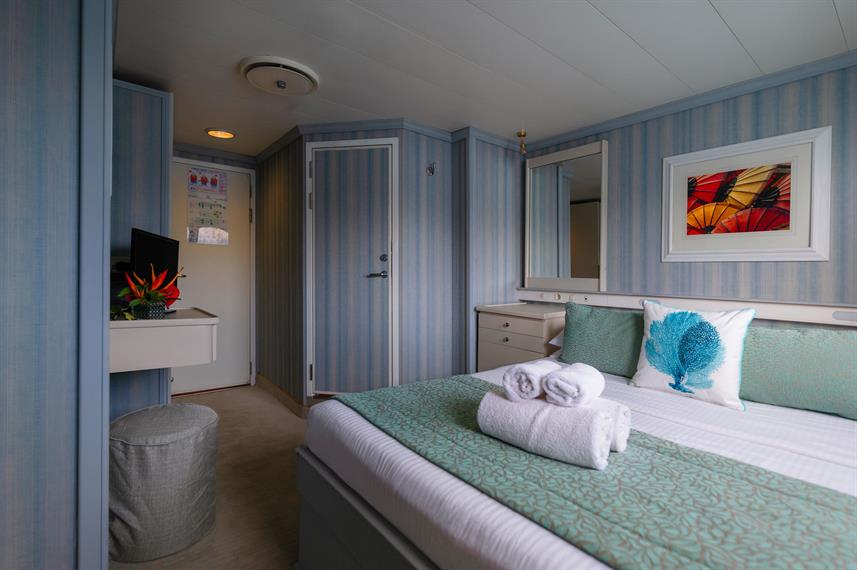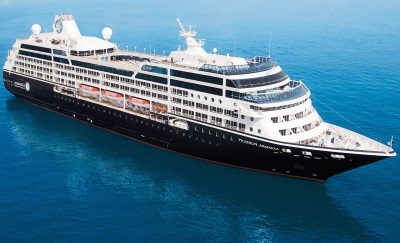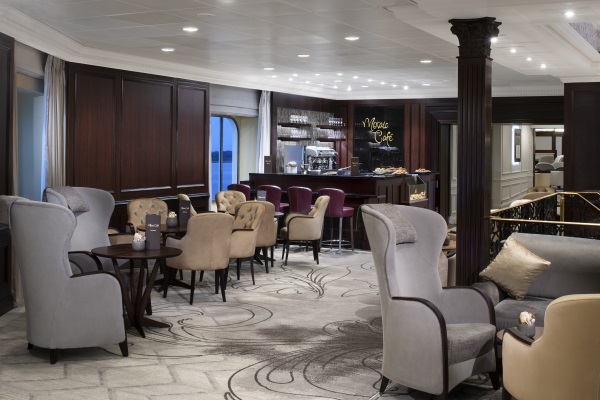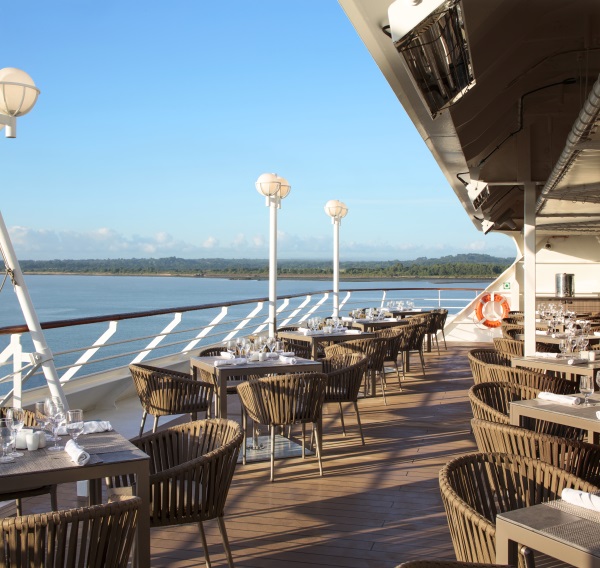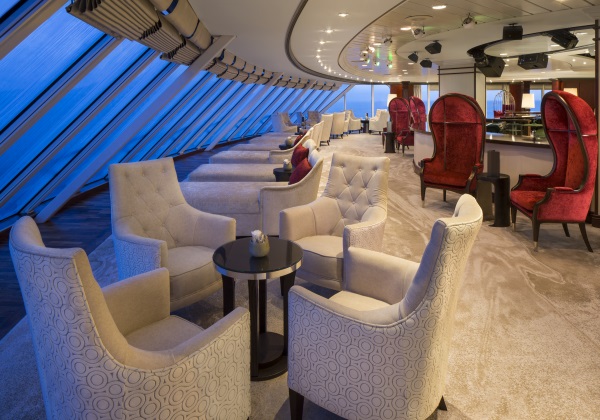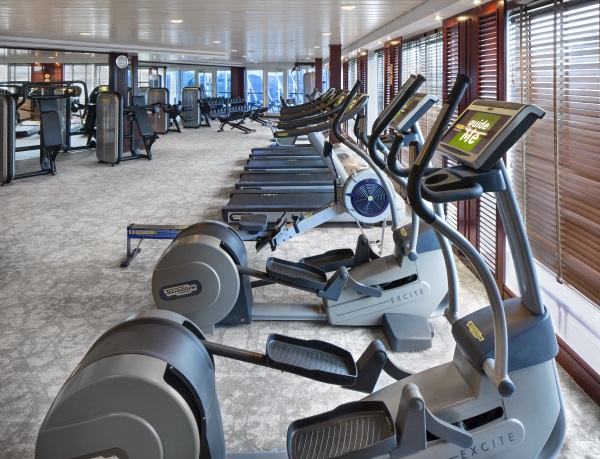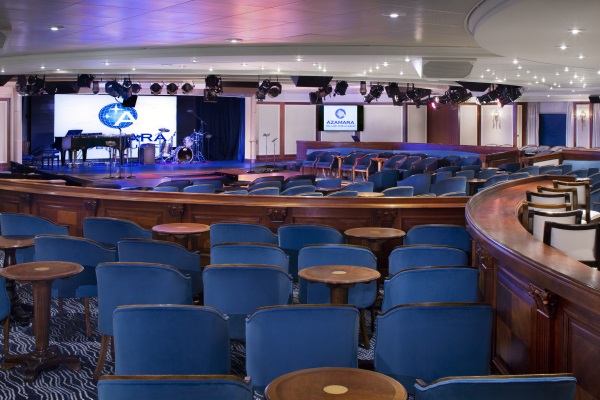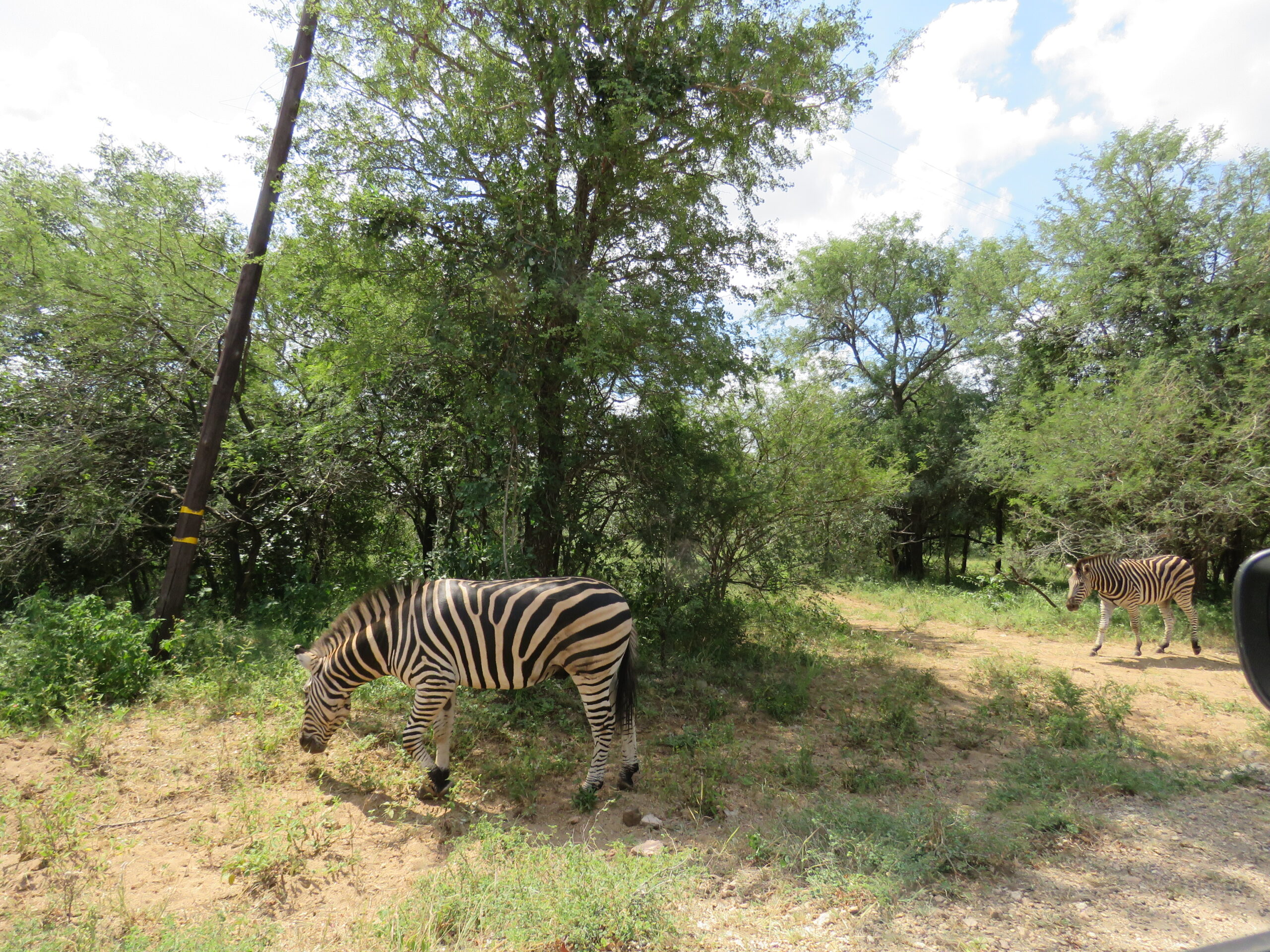In
 |
| Here we are in Africa, hot and sweaty as we embark on our first walk outside the gated complex, onto the main road, definitely a daytime event only. |
I know. We’re always discussing Internet issues. For those of you with little interest in Internet issues, I apologize. We realize that many users pay little to no attention to the means by which they are connected. They send and read email, Facebook, a few blogs and occasionally search for information. This constitutes the “average” user.
 |
| The dirt road in our gated community. |
 |
| As we began our walk within the gated complex, we saw and heard many local workers working on the house that had been destroyed by a fire in 2009. Hans told us that the insurance companies didn’t want to pay fair claims for the losses so many homeowners haverebuilt, piece by piece over this extended period. |
Then, there are Internet devotees such as us, who use the Internet as their connection to the world, not only to family and friends, but for resources to enhance their everyday lives. In a typical day, when staying “home,” we may each easily spend five or six hours online, downloading, reading, watching shows, managing banking and financial, searching for our future travels.
 |
| This wall was on our right as we walked along the dirt road within the gated community. Most houses were tucked away behind large stone walls making it difficult to see the homes in the neighborhood. |
Suddenly, a few days ago we’re cut off at the knees by XCOM Global warning us that we’re using too much data based on regulations over which they have no control. With restricted data use, we were faced with a tough decision.
 |
| An entrance to a neighboring home. |
Do we find a local provider? Nice idea. But there are no home wireless providers in Kenya. ToDo we rent another MiFi for another $395 a month? Too costly.Or, worst of all, do we change our habits? You may say, “Get a grip! Find something else to do!”
 |
| This statue was in the entryway of the neighboring home. |
Yes, we get that. But consider this…we have no car, no stuff of our own other than our now meager amount of clothing and supplies. We have no house to fix or maintain, no trips to Home Depot, no health club and no family and friends to visit. We have no TV, no radio, no sports news, no recipe books to peruse for making dinner. With Hesborn’s daily help, the only housework we do is wash our dishes (Tom does this) after a meal and to pick up after ourselves.
 |
| This massive home was burned out, sold and yet to be repaired, now almost 4 years later. |
Take all those aspects of daily life away for a moment, what would one do? We can’t go sightseeing everyday. We didn’t do that in our old lives. Do you sightsee every week? Hardly. If one has young children, they may embark on sightseeing type adventures each weekend. But, we don’t have young children. We don’t have a dog to take for a walk.
 |
| Another angle of the above burned out home, yet to be rebuilt. Eighteen homes were destroyed in the fire that swept through the community in minutes. The thatched roof and high winds caused the almost instantaneous burn. |
In Kenya, one doesn’t just walk on the streets, along the beach, to and from their favorite activities especially at night. There are safety concerns in the numbers. We’re not foolish.
 |
| The water tower belonging to the above burned out private residence. |
Thus, the Internet is not only our mode of entertainment but our source of information. (Soon, we’ll get out to visit a local travel agency recommended by Hans with the hope of booking a safari since we can’t currently do it online with the limited use of the MiFi).
 |
| The dense thatched rooftops, typical in Africa, can easily be seen as a fire hazard. These would never be allowed in the US or many other countries. |
Soon, we’ll start dining out once or twice a week to the local restaurants, of which there are many for a short cab ride. Soon, we’ll visit a shopping mall to get the flavor of products sold in the area.
Yesterday, with Hans’ help we solved our Internet issues. He went to the Safaricom store in town and purchased an 8 gigabyte SIM card for us, loaning us his portable Hot Spot. It takes 1/2 of 1 gig to download an hour long TV show. We’ll be able to get approximately 16 shows on one SIM card at the cost of US $45 for the entire card. Each show we download and watch will cost us approximately US $2.81.
 |
| Our two devices, a Hot Spot, loaned to us by Hans and our XCOM Global MiFi. Most likely we’ll be purchasing one of these Hot Spots (under $100) plus SIM cards while we’re in Africa, as an adjunct to our XCOM Global device. Both of these provide us with an ample amount of data to be able to conduct our days and download shows for evening. |
SIM cards such as these, may be reloaded by purchasing a “scratch off” card for the desired amount with the PIN code beneath the scratch off. Loading it is a little tricky. Hans will help us the first time as he did yesterday. We’ll be fine from there. Another US $180 per month added to our already US $395 a month for XCOM Global for a grand total of US $575 a month.
 |
| With spring yet to arrive, the flowers will only increase, especially with some much desired rains. Based on reviewing online weather sites ,it appears the heat won’t increase each day as the spring season is upon us. Today at a high of 84F, the humidity is high at 62%, creating a sweaty but not unbearable environment. |
In our old lives we paid US $235 a month for all channel Hi Def cable TV and wireless Internet plus another US $200 a month for our two cell phones. Now, with the US $575 we’ll be paying, it is necessary to adjust our budget accordingly, a task I’ll soon accomplish as we fine tune our usage over the next several days.
 |
| At first glance, this water tower appeared to be a lookout. |
With the combined use of the Hot Spot and the MiFi, we now have access to enough data to do almost as much aswe please online. With an app we downloaded on each of our laptops, for each of the devices, we can freely monitor our usage, checking frequently. First we’ll use the MiFi’s 150 megs, then we’ll roll over to the Hot Spot. It makes sense to us. If there are any other suggestions out there, please comment.
 |
| Oh, this looks refreshing. We’ll have our own pool in the next house in South Africa, where we’ll be in 3 months. |
Oh, we live and learn. Unexpected expenses, conditions and challenges. But so far, there nothing that we can’t handle. As long as we are healthy and safe and have Internet access, we’re content. In this case, we’re back to our smiley selves again after a 24 -hour period of wondering what to do to solve the issue.
 |
| A wall hanging in the shape of the continent of Africa. |
This morning, I refilled our vitamin and pill cases (mostly used by us seniors), a time consuming task.But, once done, it need not be repeated until 2 more weeks. Previously, we had ample cases to fill to last us each a month but we tossed the extras when attempting to reduce our load.
 |
| Interesting views of the thatched rooftops of various homes in the area. |
 |
| This is the security gate from the street side. Tomorrow, we’ll share photos of our walk along the road. |
 |
| This hanging plants produces these long burgundy stringy things. I’ll research these and other unusual plants while we’re here. |
 |
| These plants flourish in the hot humid weather requiring little water. Hans explained that some of the vegetation such as this have their own “bladders” in which to store water. |
This morning as I gathered all the vitamin pill bottles and bags, I placed them in the duffle bag for use over the next three months, noticing the heaviness of the bag. We’ll be leaving them behind this time. We’re finally accepting the reality.
Tomorrow, we’ll be back with Part 2 of our first outing onto the road beyond the gates where we found a wonderful surprise.
 |
| Today we met Nancy, one of the daytime support staff at our guarded gate. She was so sweet, holding my hand the entire time we chatted with her. She kindly took the photo of Tom and I. We’re loving being able to talk to the locals. |




